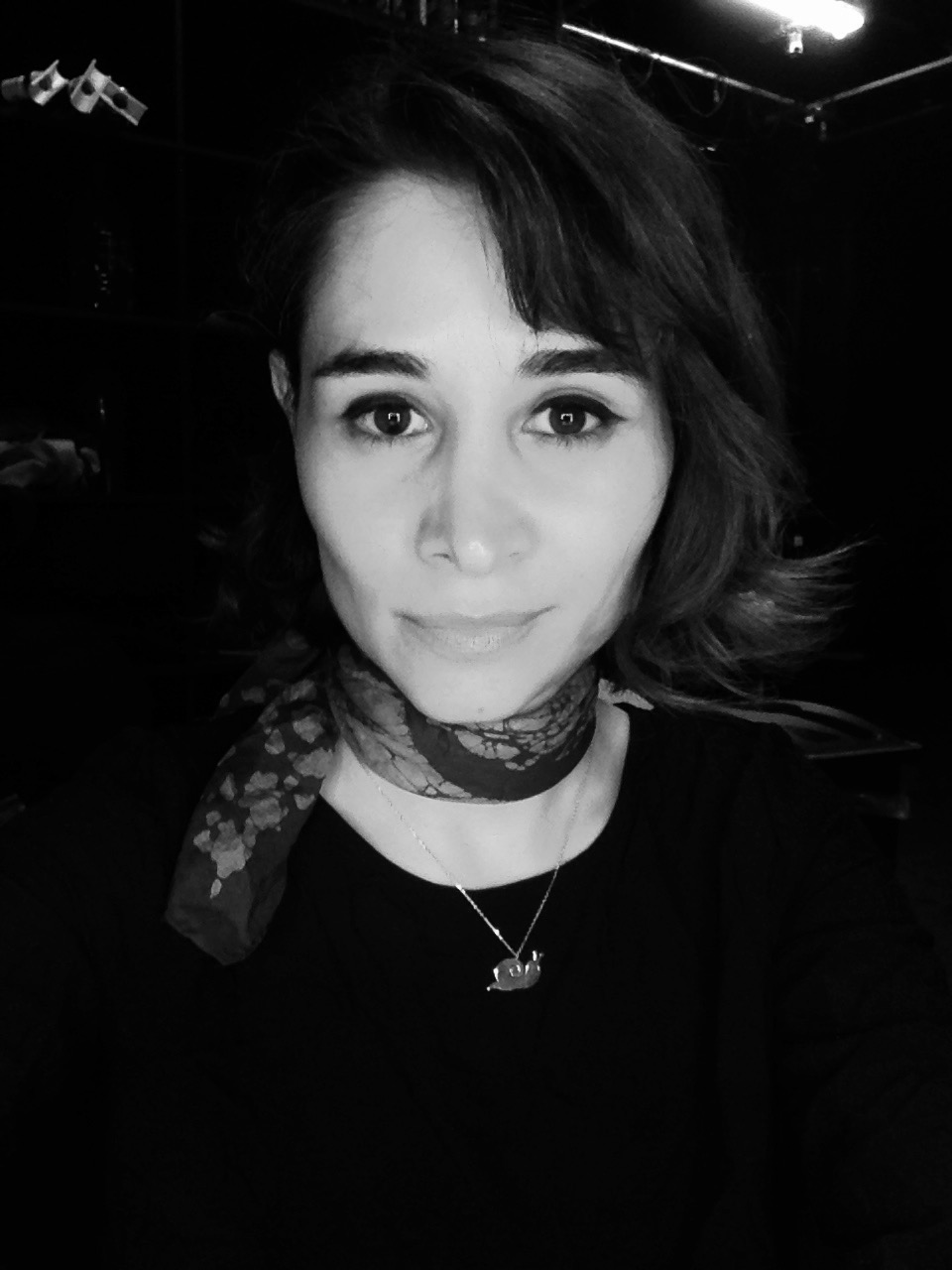 Dramatherapist Goksin Erdemli explores beginnings, processes and endings with her clients via theatrical and existential tools as well as traditional therapy methods. This month, we speak to her about this singularly multifaceted approach to psychotherapy.
Dramatherapist Goksin Erdemli explores beginnings, processes and endings with her clients via theatrical and existential tools as well as traditional therapy methods. This month, we speak to her about this singularly multifaceted approach to psychotherapy.
What is Dramatherapy?
Dramatherapy is a form of psychotherapy that transposes storytelling and dramatisation tools from theatrical settings into a psychotherapeutic setting. It makes use of embodiment, creative expression, projection, role-play and enactment to dramatise relationships and aspects of the self within the therapeutic space. Dramatherapy is a client-led form of art psychotherapy that invites its clients to go on a therapeutic journey. Its aim is to resonate with their lives and enable them to realise new potentials.
What does a Dramatherapy session involve?
In a dramatherapy session, once trust and safety in the therapeutic space is established, the client will be invited to step towards telling a story that aims to bring new perspectives by embodying a new narrative. The dramatherapist follows the client into understanding their story, and therapeutically supports the client by being witness to their journey. The client and the therapist may use objects and tools like musical instruments, toys, puppets, masks, cards, and drawing materials to invite verbal and non-verbal expression.
What are the main benefits of Dramatherapy?
Dramatherapy allows the client to take a look at their own life by giving them an opportunity to embody different aspects of it, and creating an indirect link between what emerges in the therapeutic space and their life outside the therapeutic space. This is called the aesthetic distance. This indirect link allows new possibilities to emerge. A dramatherapy session focuses on integrating verbalised and non-verbalised aspects of a client’s psyche by working with embodied creative expression. This often involves working through psychological and psychosomatic responses that emerge in the client’s world and creating a truthful narrative with these aspects that will hopefully give the client a sense of being heard.
What attracted you to become a Dramatherapist?
The power of non-verbal and creative expression and its ability to express the unsaid and unheard has attracted me to become a dramatherapist. As a dramatherapist, I make use of embodiment, non-verbal gestures and body awareness in my sessions. By aiming to make connections between the psycho-somatic and psychological worlds, I also aim to integrate the verbalised and non-verbalised aspects of the client.
What is your favourite thing about Dramatherapy?
Playfulness and its ability to bring healing! Playfulness in psychotherapy sessions allows the client to try out new opportunities within a safe space. Playfulness also comes from a more primal aspect within one’s psyche that connects one to their essential sense of who they are, which often is key to understanding an individual.
What has been the highlight of your career as a Dramatherapist so far?
Having the opportunity to work with children and young people. I have had the opportunity to work with various client groups including children with life-limiting and life-threatening conditions and unaccompanied asylum-seeking and refugee children and young people in the UK. The individuals I have had the chance to work with taught me about the incredible power of resilience and have shown me how much self-compassion, courage and the will to connect can do for one’s own life.
What is your favourite therapy to use as a patient (besides Dramatherapy)?
Physiotherapy! Physiotherapy sessions have enabled me to actualise my physical capacity and realise how much of emotional stress is actually inter-reliant with physiological tension. As a dramatherapist, I make use of body awareness and invite my clients to become more aware of how their physiological senses might be related to their emotional experiences.
As a Dramatherapist, what is your favourite work of drama (film, tv, theatre etc)?
Six Feet Under – a TV series created by Alan Ball. The show approaches the theme of death through irony and dark humour. I feel that of all the works of drama I have been an audience of, this show actually manages to come closest to what my reality is and how I make meaning of the way we as individuals and society perceive the subjects of life and death. These subjects are very relevant to psychotherapy and often emerge disguised in many other forms with the therapeutic space.
Goksin is a HCPC registered dramatherapist based in London, working with individuals and groups. She graduated from the MA Dramatherapy course in the University of Roehampton with a Merit in 2017. She has a BA in Psychology, and an MA in Acting. She is a full member of the BADth. She has been working in various settings in London since 2015, including the British Refugee Council, NHS Croydon Children’s Hospital at Home Team, Willow and Waterloo Community Centre.


